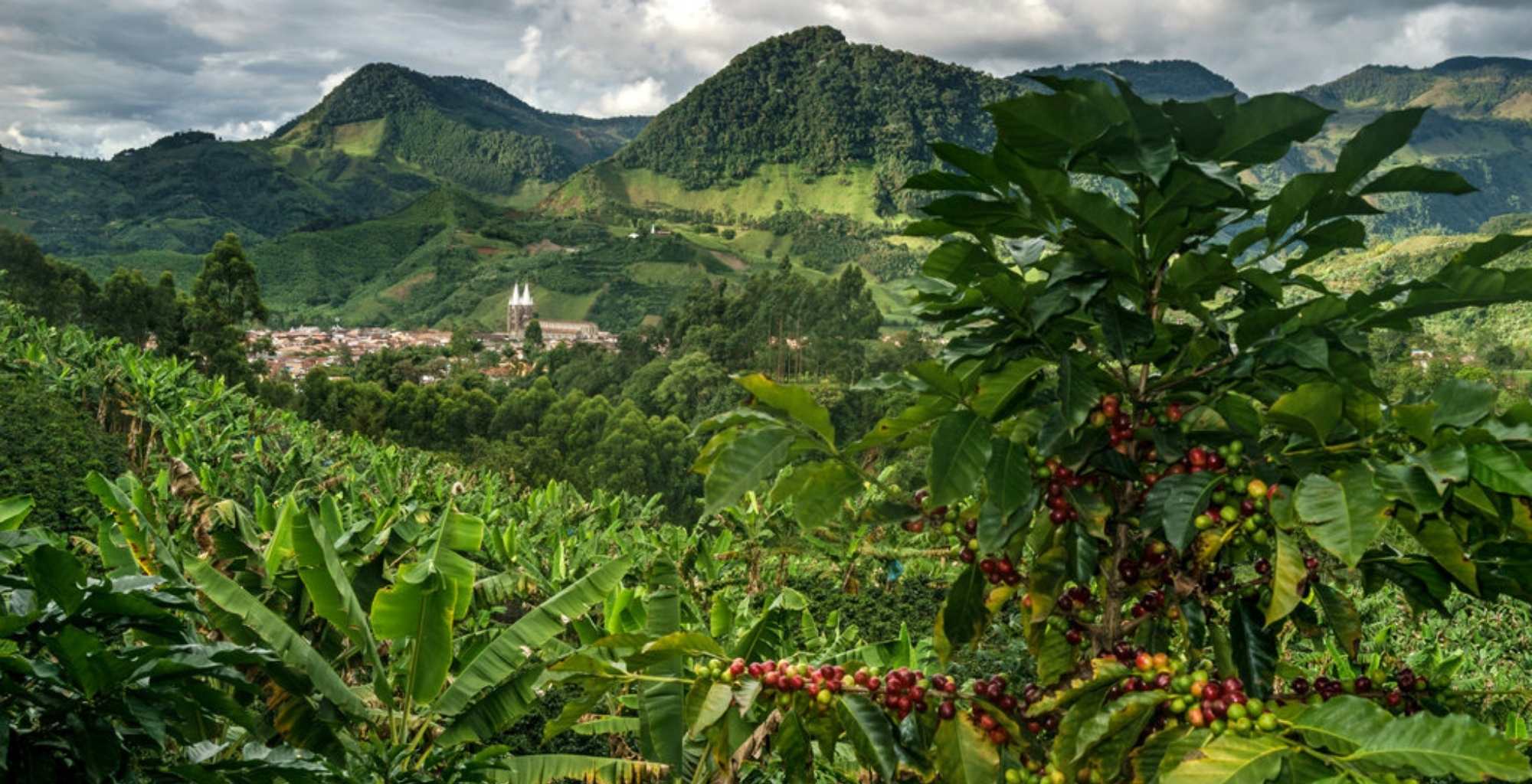Once roasted, pretty much all coffee beans look the same but you might have noticed that some coffees say they are 100% Arabica. What does that actually mean to the average coffee drinker? Let’s explore.
There are actually over 100 species of coffee but the two most widely produced species are Coffea Arabica and Coffea Robusta. Both of these differ in taste, growing conditions and price, all of which can affect your daily cup.
TASTE
Arabica beans produce a sweet, soft and fruity taste, whereas Robusta beans can have a more bitter, rubbery and harsh flavour. They contain more caffeine than Arabica beans. This might sound appealing but in actual fact, caffeine has a very bitter and unpleasant taste, so Robusta is considered to be the inferior coffee.
Arabica coffees contain 60% more lipids and sugars than your typical Robusta. This is another reason why you’re more likely to prefer the taste of a good Arabica coffee.
GROWING CONDITIONS
Geography has a major impact on the way your coffee tastes. Robusta coffees are grown at lower altitudes and farmers find them easier to grow for many reasons. Caffeine is toxic to bugs so they are less susceptible to pests and insects thanks to their higher caffeine content. They also produce more fruit in a shorter space of time.
Arabica coffees are grown at higher altitudes where the soil is more fertile. Warm days and cooler mountain temperatures at night slow down the maturing process of the coffee fruit, which enables more interesting and refined flavours to develop.

PRICE
Arabica beans cost almost twice as much as Robusta beans. This is why most instant coffees are made with Robusta.
So, Arabica or Robusta, what should you pick?
A top-class Robusta will usually taste just as good as a low-end Arabica. However, high-end Robusta isn’t readily available and companies tend to use Robusta as a ‘filler’ or way of reducing costs.
Similar to a fine wine, a coffee’s taste depends on its soil, altitude and climatic conditions. Arabica coffees have a higher acidity. When roasted, this reduces the bitterness associated with caffeine and produces a softer, more delicate and delicious flavour.
If you were to ask a coffee roaster, they’d pick an Arabica coffee over a Robusta coffee every single day. But, to be honest, it all comes down to personal taste. You might prefer your instant coffee, or you might like your daily trip to Costa Coffee or you might prefer brewing your own coffee at home. Every single coffee is different and that’s what’s so great about it.
If we had to make one recommendation, it would be this:
MAKE SURE YOU TRY SPECIALTY COFFEE
We set up an entire business around it so it must be good!
Check out our range of specialty coffee pods or freshly roasted coffee beans here.